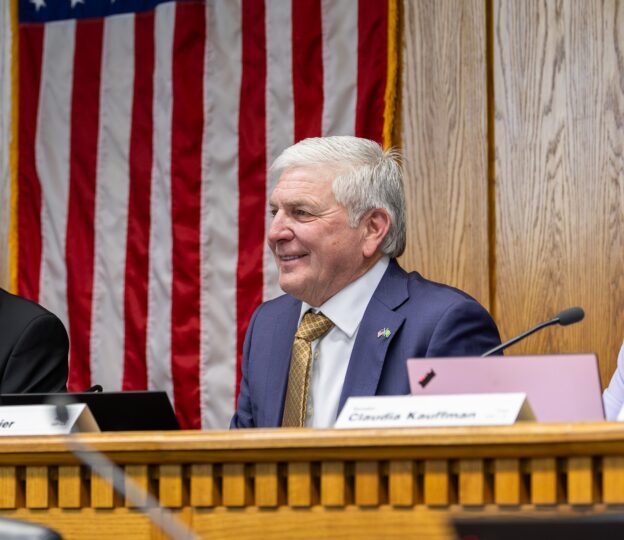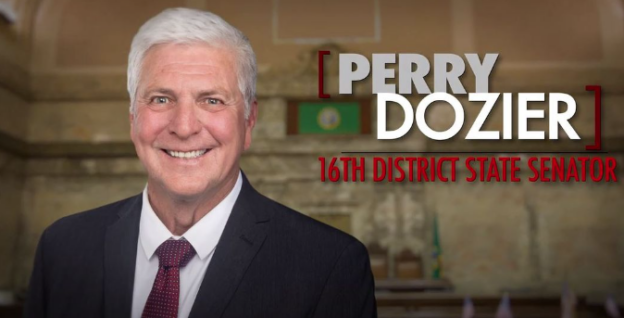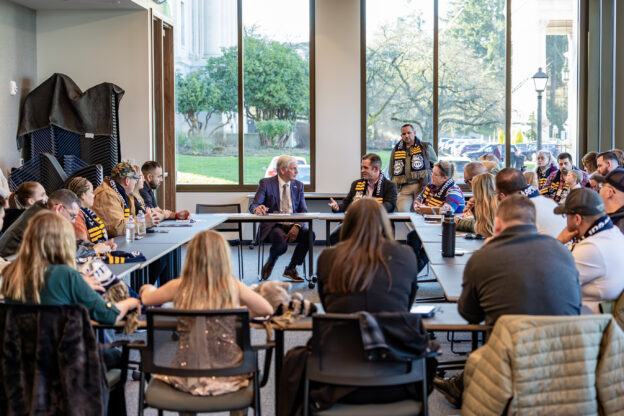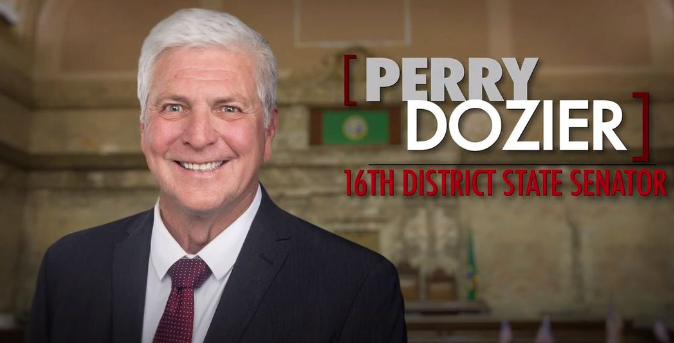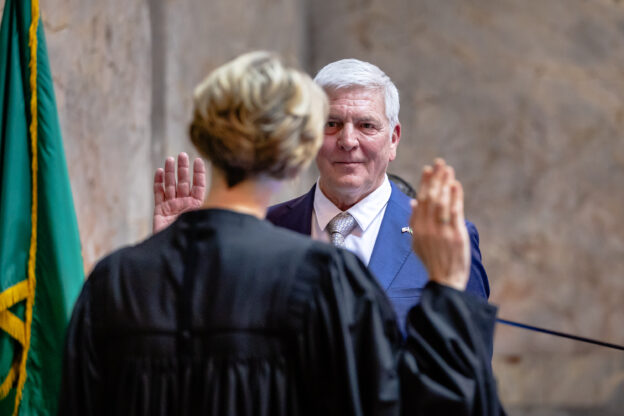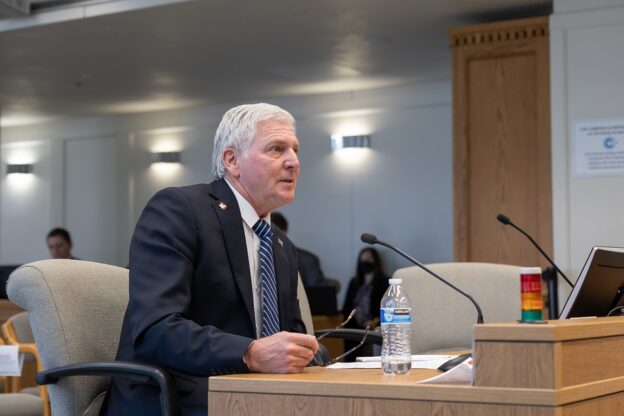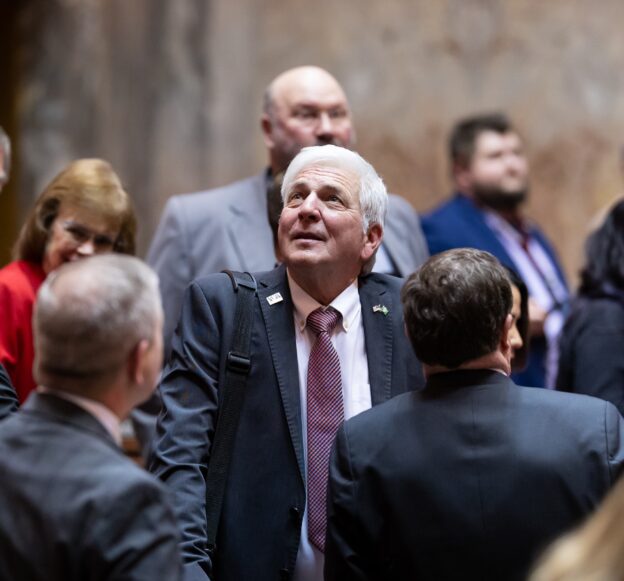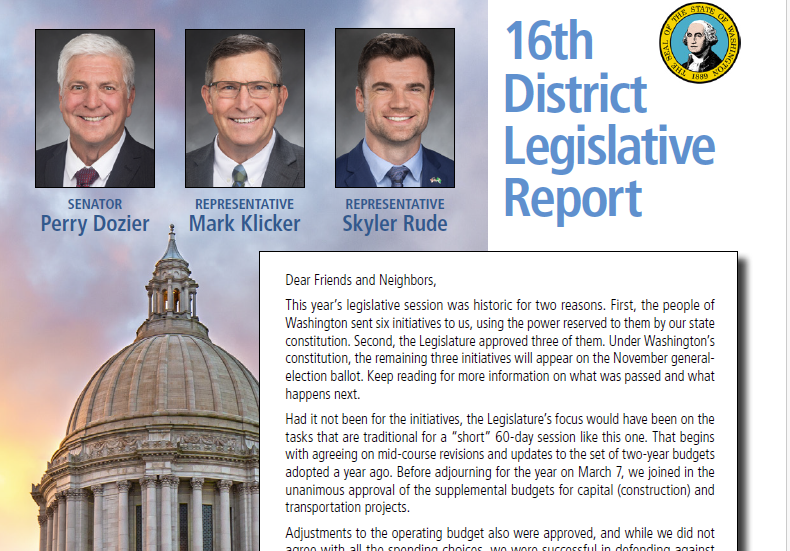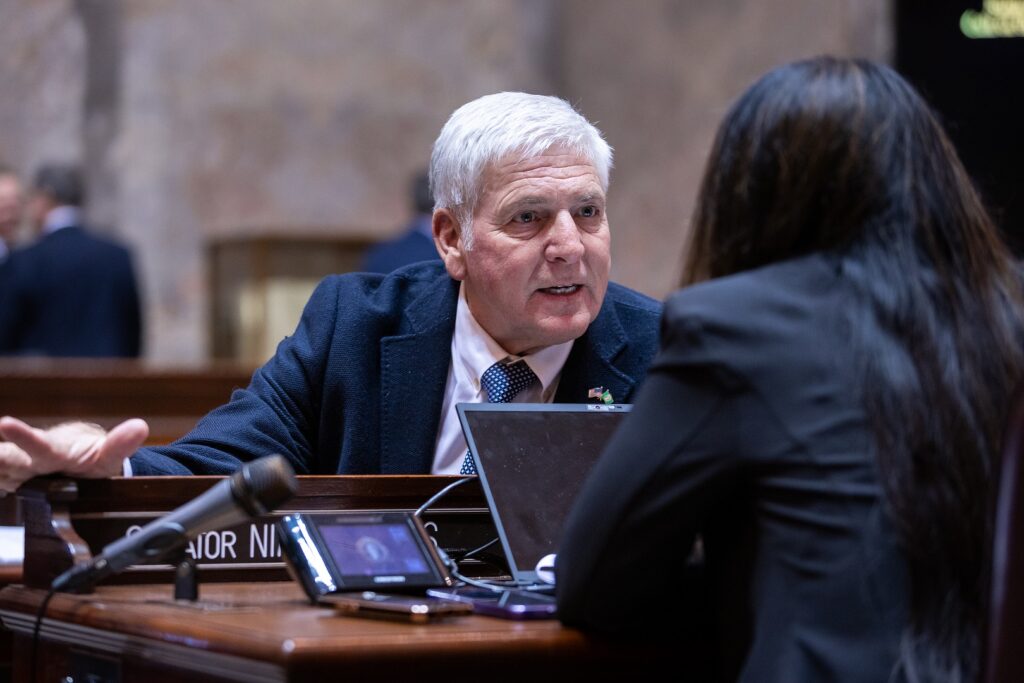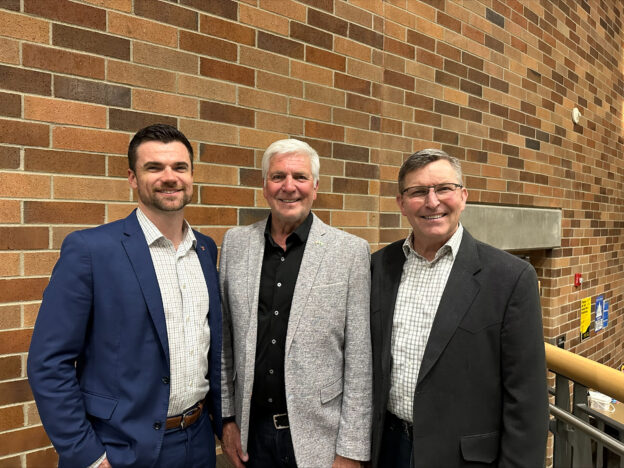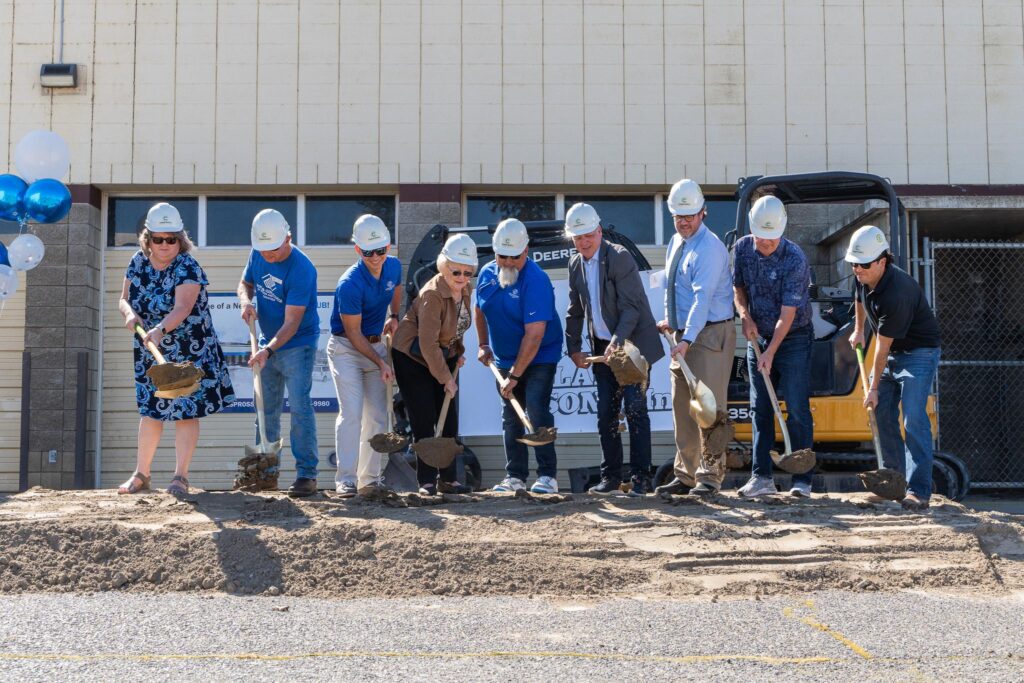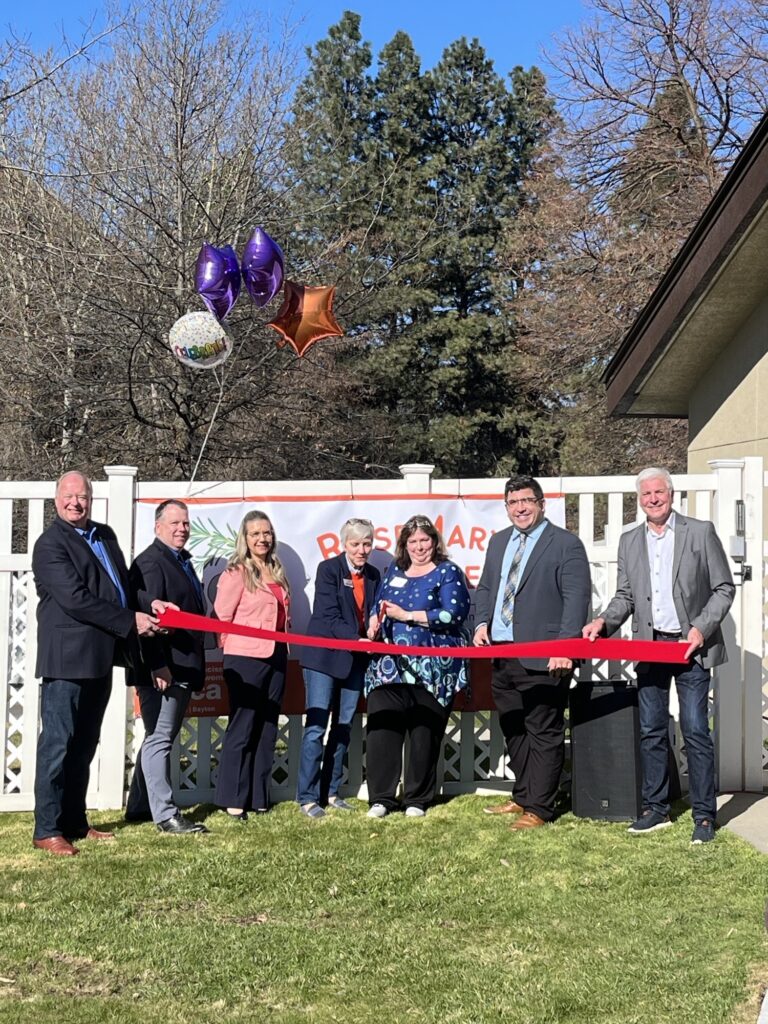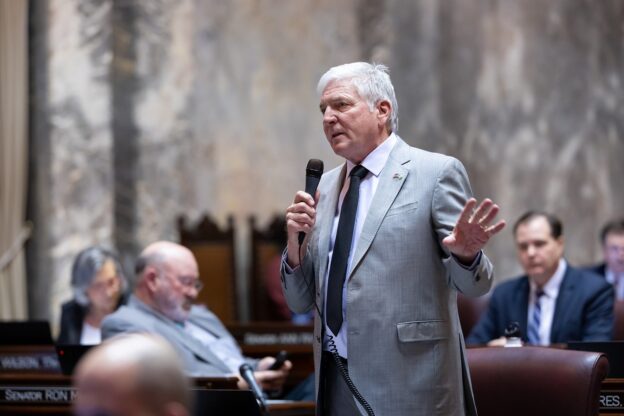
Dear Neighbor,
The results of a recent survey of 600 Washington voters showed up in my inbox earlier this month. Most of the survey questions had to do with state spending, one way or another. That makes sense considering how years of overspending have finally caught up with the majority Democrats, and put state government in a multibillion-dollar hole that has to be solved before legislators can adjourn for the year.
It’s no surprise to me that more than three-fourths of those responding think the Legislature doesn’t need more money to address important priorities, and more than three out of five responding simply don’t trust the Legislature on spending.

Click here for a full presentation of the survey results.
So what are the Democratic majorities in the Senate and House doing? Well, they’ve stepped up their efforts to raise taxes. It’s the easy way to get out of the budget hole while continuing to add to the size of state government.
In the meantime, Republicans are coming up with ways to reduce spending and solve the budget deficit without tax increases. I invite you to look at some of the cost-saving ideas at our $ave Washington webpage.
Here’s where three of the Democrats’ proposed tax hikes stand as the fifth week of this year’s 15-week legislative session wraps.
- A new tax on each mile you drive? For many years, Democrats have wanted to impose a mileage tax. Senate Bill 5726, introduced Tuesday, would create a “road usage charge” (RUC for short) starting at 2.6 cents per mile, plus an assessment of 10% on the total RUC a person pays. That’s right — the “assessment” is really a tax on a tax.The supporters of a mileage tax argue Washington’s 49.4-cent per gallon gas tax isn’t generating enough money as it is, with more electric and hybrid vehicles on our state’s roads. But I wonder if they understand, or appreciate, how a mileage tax would hurt rural drivers disproportionately.
Also, this would be another “regressive” tax — meaning it hits lower-income people harder — from the party that is always complaining about Washington’s tax code being regressive.
Washington’s constitution guarantees gas-tax money can only go toward highways and bridges. The mileage-tax bill doesn’t (and can’t) guarantee how the 2.6 cents per mile would be used. Also, the 10% assessment could be used only for “multimodal,” meaning transit, rail, and pedestrian/bicycle purposes.SB 5726 will get a public hearing Tuesday afternoon before the Senate Transportation Committee. If you want to testify about the bill or at least make your opinion known, there’s a link at the end of this report that will help.
The identical House bill (HB 1921) already received a public hearing. From what I’m told, the House majority is pushing harder for this tax than the Senate, but that is not reassuring.
- Higher property taxes, Part I: Last year the Senate Democrats tried to lift the cap on the annual growth of property-tax rates. They wanted a 3% limit, rather than the 1% Washington voters had approved (which was later confirmed by a Democrat-controlled Legislature).That attempt fizzled after intense opposition from the public and Senate Republicans. But this year the House Democrats are making a run at tripling the property-tax growth rate, with House Bill 1334.
It’s the same bad idea as before, and my argument against it is also the same. Beyond the fact that this would be another regressive tax increase that makes living in our state harder to afford, cities and counties already have the ability to increase property-tax rates beyond 1%. They try to make it sound like the Legislature is holding them back, but that’s false. All they have to do is get permission from the voters.
The 1% cap applies only to the annual property-tax increases that get voted on at the council/commission level. This bill would basically let local governments take more without asking first. HB 1334 received a committee hearing Tuesday, and I expect it will continue to move ahead unless, like last year, enough pressure is applied to stop it.
- Higher property taxes, Part II: There’s a reason a 60% majority vote is required to pass school bond issues. Unlike enrichment levies, school bonds create debt that typically takes decades to pay back. To me — and according to Washington’s constitution, for the past 80 years — such an obligation needs to be supported by more than a simple majority.The Democratic members of the Senate Early Learning and K-12 Committee, on which I serve, voted yesterday to pass legislation that would require only a simple majority to approve bond issues: Senate Bill 5186, and Senate Joint Resolution 8200. I and the other Republican committee members voted no, meaning we want to maintain the taxpayer protection afforded by the long-standing three-fifths approval standard.
Because dropping to simple-majority approval would require a change in the state constitution, SJR 8200 would have to be passed with a two-thirds vote in the Senate and in the House, then a majority of voters would have to agree at the next general election.
I know the supporters of bond issues are disappointed when those measures fail, but let’s not blame the 60% approval requirement. If a school district makes a persuasive argument to the voters, and the bond issue is the right size at the right price, shouldn’t 60% support be attainable?

Each week, if there’s a long enough break between committee meetings and floor sessions, Republican lawmakers make themselves available to news reporters who are covering the 2025 session. I took part in this week’s meeting, commenting on tax-related questions as a member of the Senate Ways and Means committee — and was prepared to field questions about parental rights, being the originator of the Senate’s parental-rights bill and a member of the Senate Early Learning and K-12 Committee. To learn what reporters are asking about, and hear our responses, click here.
***
I am working to make living in our state more affordable, make our communities safer, uphold our paramount duty to provide for schools, and hold state government accountable. I’ll work with anyone who shares those goals and wants to find solutions.
My priorities (shared by Senate Republicans) are:
Here’s how to:
- Follow the bills I am sponsoring.
- Find out how to testify in committee hearings on bills that are before the Legislature.
Please reach out to my office with your thoughts, ideas and concerns on matters of importance to you. I am here to serve and look forward to hearing from you.
Sincerely,












